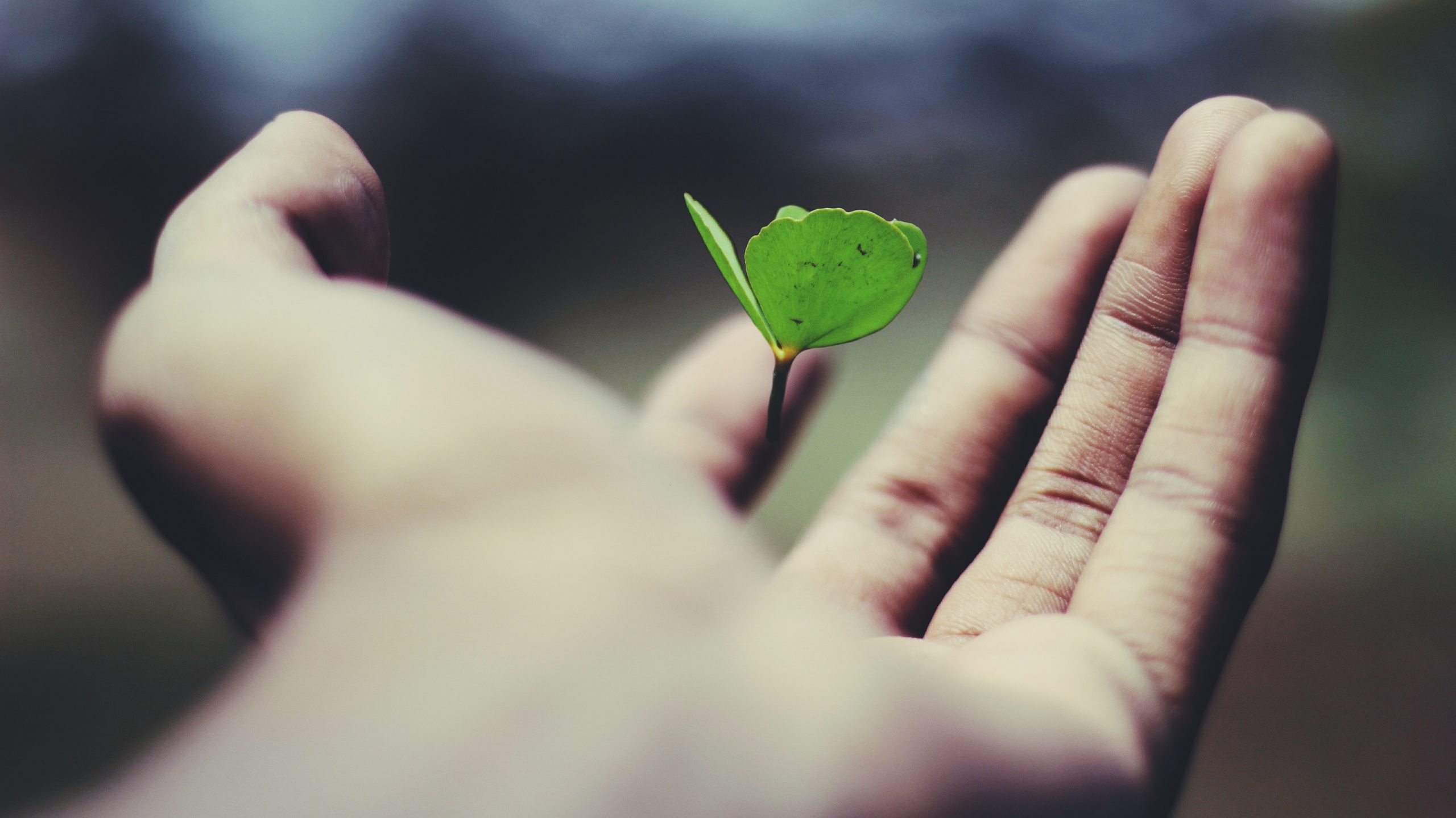Life has changed radically in the space of weeks, Lent being forced upon us this year. With our lives dominated by these unorthodox circumstances it would be easy to lose sight of the goal, and I have already seen this playing out in my own life. I have been reading too much news, partaking in too many “doom and gloom” conversations, and lamenting over all the opportunities I’ve lost. And without my realising it, God slips out of the centre, and the world and its present concerns slip in. Chaos has swept in and troubled many hearts, mine included. It seems as though life, our adventure with God, has been put on hold for the foreseeable future. It seems as though our sole concern at the moment is keeping our heads above the waves.

Where are you to look to, where can you go, when the floodwaters begin to rise? To the Ark, the Church in our case, “which is the Church of the living God, the pillar and bulwark of the truth” (1 Timothy 3:15). While the world struggles to withstand the sea of panic, the faith upheld by the Church offers us the clarity that only God can bring. The Church ought to speak of the ark sitting peaceably above the chaos, confident in its God and his power to bring good out of every situation. How then, should this assurance appear in our restricted day-to-day lives? St. Josemaría Escriva offers up an example of the Christian life successfully lived in exile.
In April 1937, St. Josemaría and five other young men were forced into refuge by the outbreak of the Spanish Civil War. They shared a single bathroom and a several mats spread over a few square meters in the Honduran embassy in Madrid for four long months. They were facing an uncertain future, and this resulted in panic and depression, fear and hatred in those present. However, St. Josemaría was wise to the opportunity God was granting him. He recognised that life had not stopped, it had only changed. He established a strict routine which was centred on God, and included study, language learning, and quality time with those he was confined with. His philosophy of the time was summed up in a meditation he later wrote;
“The plants could not be seen, as they lay hidden under the snow. And the farmer who owned the land observed with satisfaction: “Now they are growing on the inside.””

As jobs are lost, as the economy slows down, and as we are confined to our houses, we must move from the external to the internal after the example of this saint. As he said,
“How can I bring God’s gifts to fruition in this forced retreat? Don’t forget that you can be like a snow-capped volcano (…). On the outside, yes, the ice of monotony and darkness might cover you; outwardly you appear trapped. But inside, the fire will not stop burning within you, nor will you tire of making up for your lack of external action with a very intense internal one…”
The book of Ecclesiastes tells us that for “everything there is a season”. We’ve all seen the pictures of empty streets and shuttered shopfronts, and so we know that now is the “time to keep silence”, now is “a time to plant”, and now is “a time to be born”. God has granted us greater silence than ever before this Lent, and we have a duty to use it.


